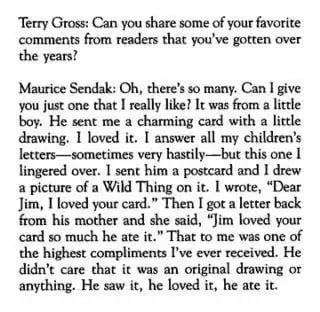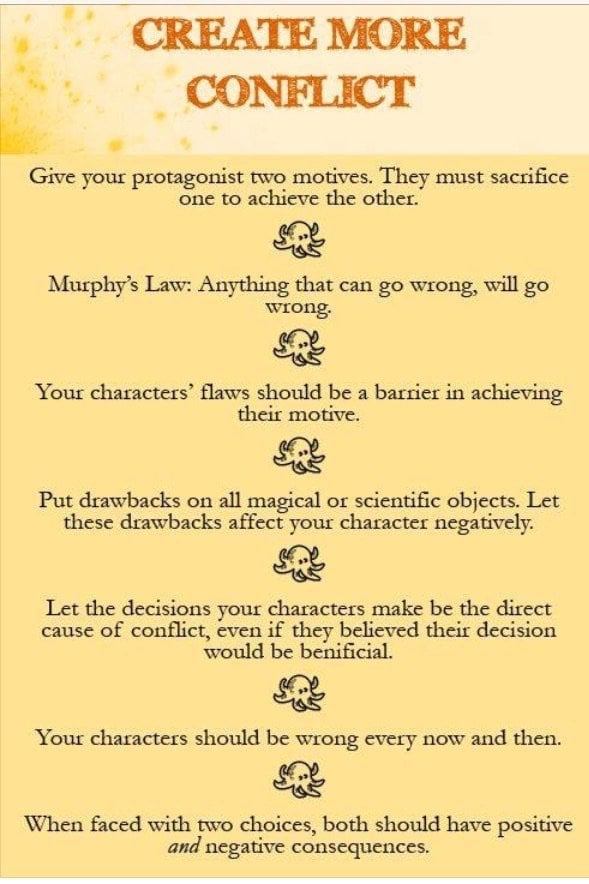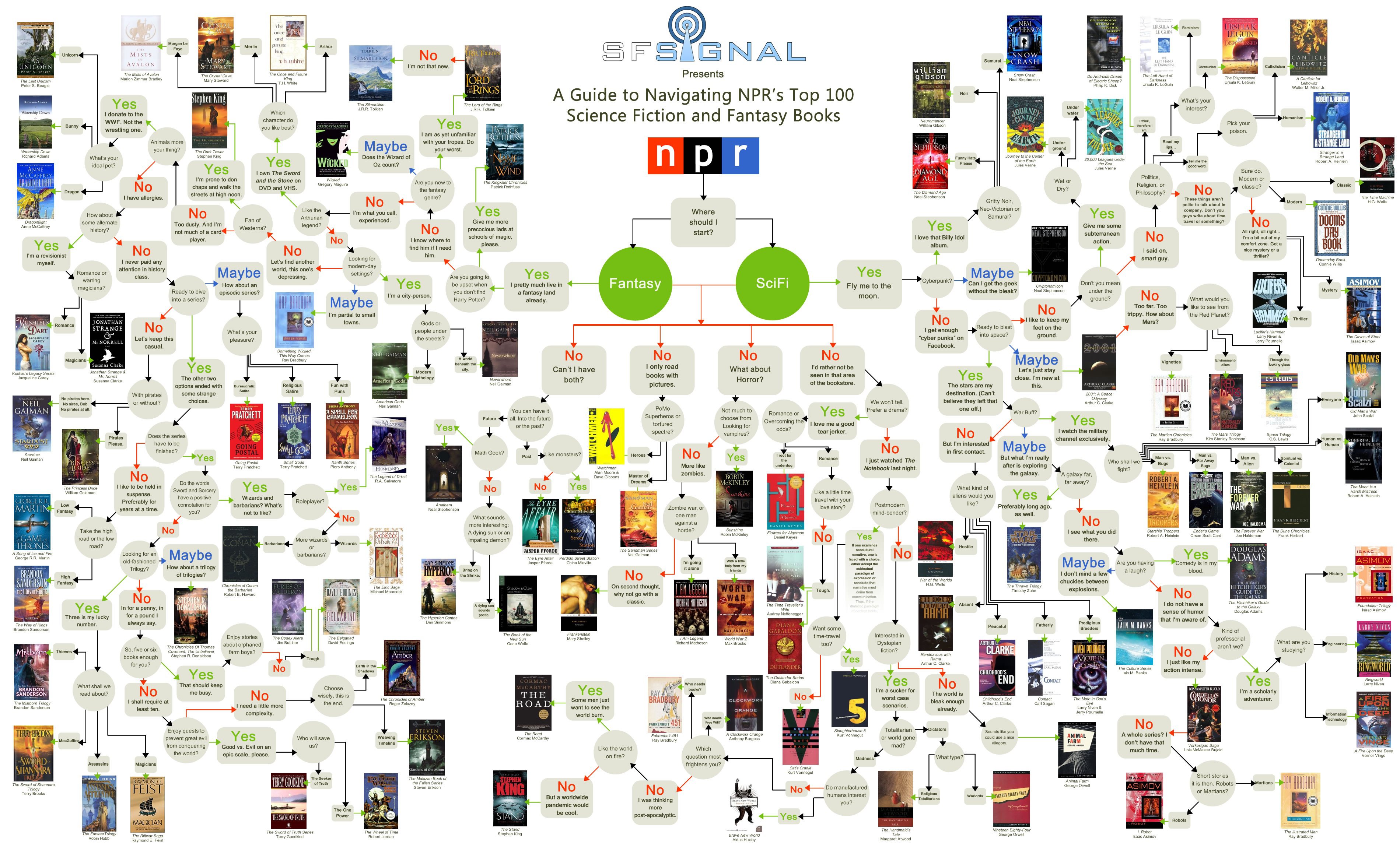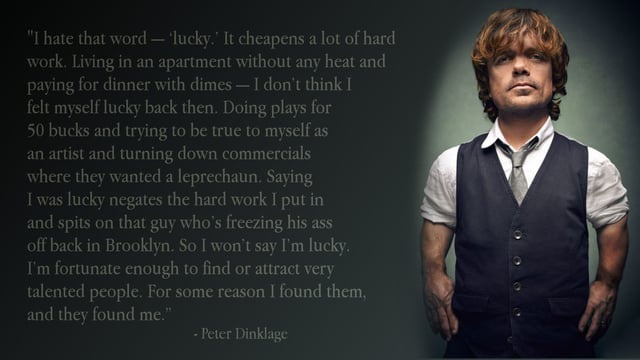I want to share an experience I had the other day that fundamentally changed the way I think about my writing and the way I process feedback.
One night before I went to bed, I had a spark of inspiration, a new idea that would finally give me a satisfying way to tackle a project that had been bouncing around in my head for a long time.
I'm a fan of constructed languages-- stuff like Klingon from Star Trek and the Elvish languages from Tolkien. One language in particular I thought would be a wonderful experience to let people learn together as a group, if only there was a way to make it enjoyable for people who weren't particularly interested in linguistics. So, for several months, the idea stuck with me, never feeling complete. Then, that night, I realized an RPG might be the perfect medium to deliver the experience of learning a fictional language in a fun, engaging way.
So, the next day I had a lot of creative energy, and I started fleshing out my ideas-- writing out rules, roles, and mechanics, imagining scenarios of people playing. After a while, I had gotten the bones to a place I felt comfortable with, and decided it was time to settle on a setting, and went with something generic with the intention of developing it further later.
Finally, I had a draft/pitch to a point where I wanted to share it and get some feedback from the language's community. Much to my surprise, I saw the creator of the language themselves had even replied to it! Unfortunately, their comment wasn't one of interest-- instead, they found that my setting had some unfortunate implications, marginalizing certain groups of people, and expressed that that didn't reflect the spirit they intended for the language.
I immediately felt deep, deep embarrassment. I hadn't meant to make any stereotypical depictions... but that was what I had done. And instead of feeling energized and excited for developing my project further, I felt completely creatively drained and upset that I had made something that went against the spirit of the very work that I was trying to promote.
After a few days of ruminating, though, I tried to forgive myself and be honest about my intentions. Though I had made something that was not inclusive, I hadn't intended to do so. I was just trying to explore the themes I was interested in, and had failed to be aware of my own biases.
So, the reason I wanted to share this story with you all was to underscore that point. If you ever make a mistake or poor creative decision that causes you to be ashamed of something you create, try to be kind to yourself. Be honest with your own intentions, and rather than being hurt by negative feedback, try to listen to it, learn from it, and grow. And more than anything, always try to exercise empathy while writing, and try to think of your messages not just in terms of what you see in them, but also what others will see in them.
Thanks for reading, I'm a pretty long-winded storyteller. Has anyone else had an experience like this before?



